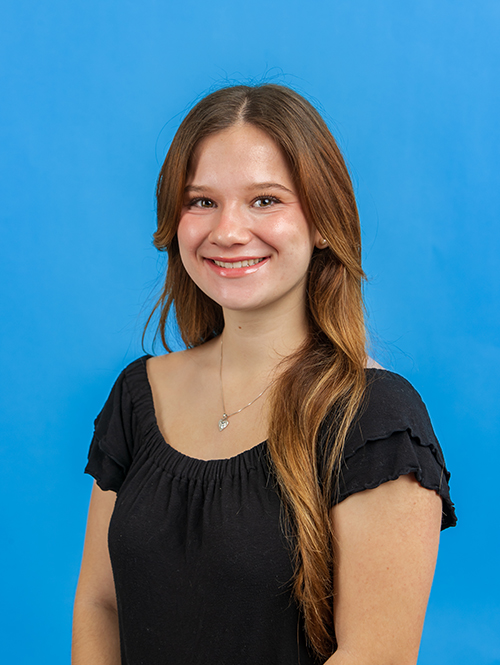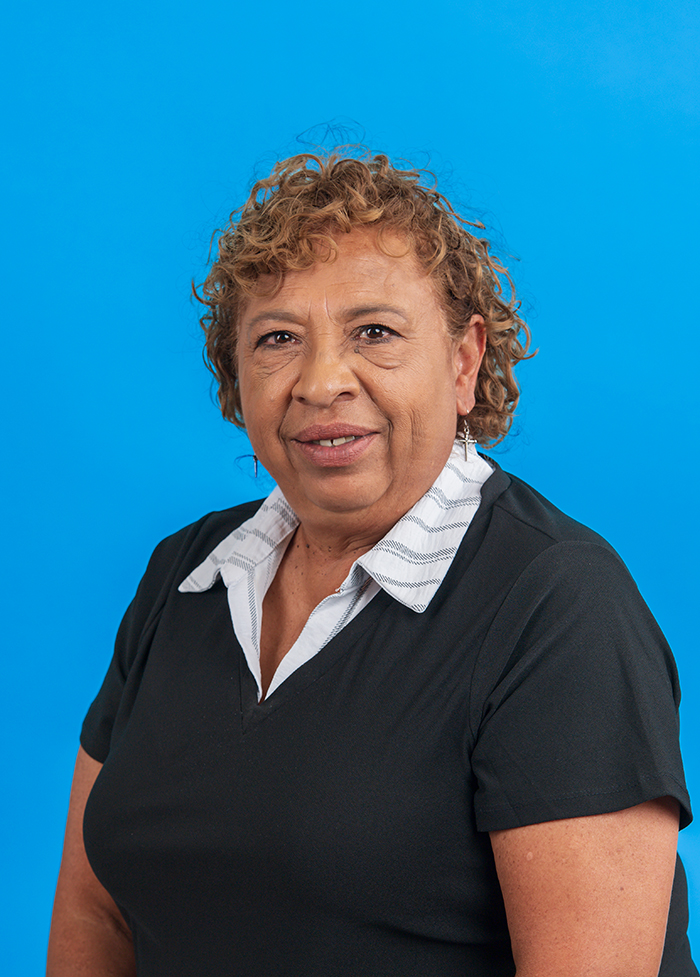About us
Our Mission
The Division of Student Engagement and Success at Texas A&M University – Corpus Christi assists students in attaining their educational goals. Our services create a supportive learning environment for personal and professional development to prepare students for responsible citizenship and lifelong learning. We strive for excellence in serving our students, campus and community engagement, and leadership development.
SEAS Leadership and Division Staff
Contact us for assistance or questions

Adrian Rodriguez
Vice President of Student Engagement and Success
361.825.2612


Dr. Lisa O. Perez
Associate Vice President for Student Support and Dean of Students
361.825.6219

Vacant
Assistant Vice President for Student Life




